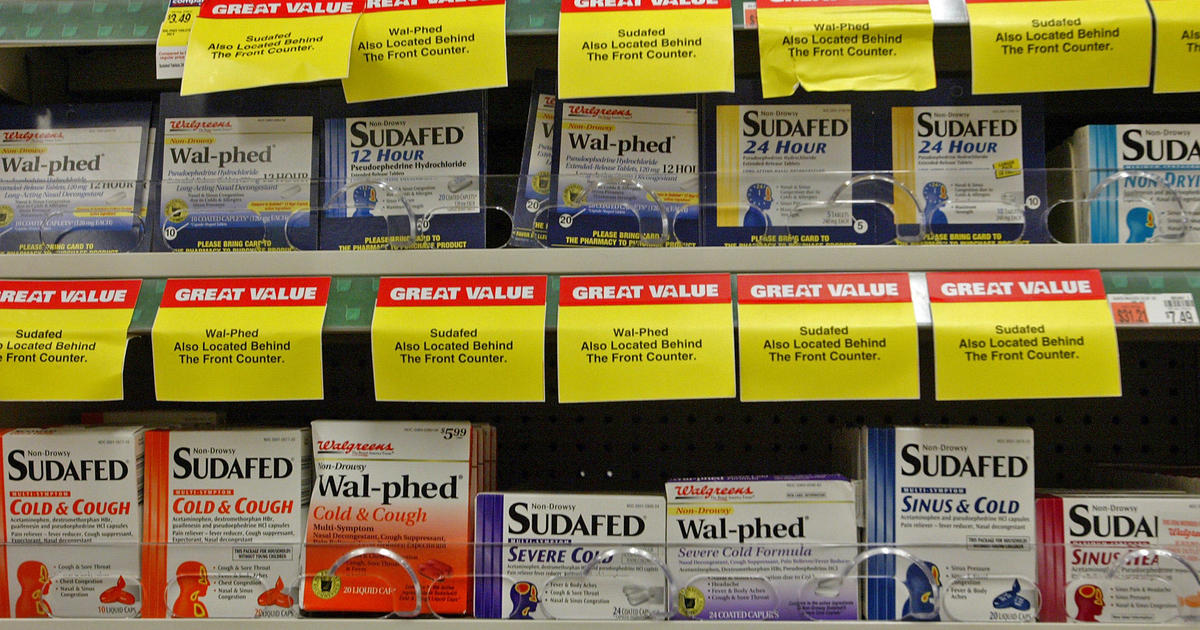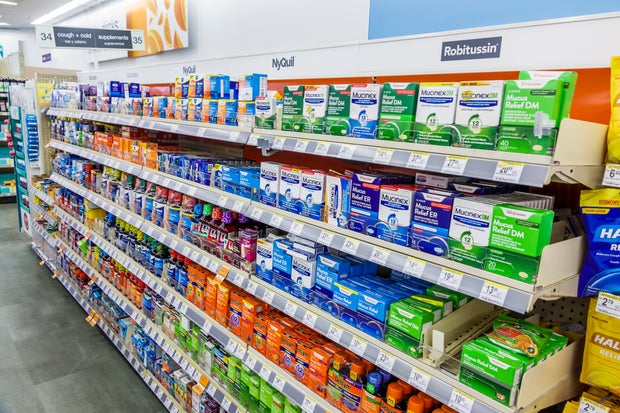Pharmacies may remove popular over-the-counter cold medications, such as Dayquil, Sudafed, and Theraflu, from store shelves after experts from the Food and Drug Administration (FDA) determined that one of the main ingredients in these drugs does not work effectively.
This potential action could leave consumers in a bind to find alternative treatments for nasal congestion relief, while drug manufacturers would need to quickly develop new formulations. Sudafed, which is manufactured by Johnson & Johnson, is part of a $2.2 billion market for oral decongestants. Phenylephrine, the drug deemed ineffective by FDA experts, makes up about 80% of that market.
“Unintended consequences”?
The Consumer Healthcare Products Association (CPHA) argues that phenylephrine is effective and suggests that the FDA’s guidance could have significant negative unintended consequences. If drugs like Sudafed were removed from store shelves, it would become more difficult for consumers to self-treat mild illnesses, as stated by the industry trade group.
In a statement released prior to the FDA’s determination, the CPHA expressed concerns that removing these popular over-the-counter medications from the market would force people to seek help from a pharmacist, doctor, or clinic for a minor ailment they could easily treat themselves.
The CPHA also mentioned that some consumers might delay or forego treatment, potentially leading to worse clinical outcomes such as acute sinusitis and increased demand for medical visits over time.
Which drugs contain phenylephrine?
The following over-the-counter remedies for stuffy noses contain phenylephrine:
- Mucinex Sinus-Max
- Robitussin Peak Cold Nighttime Nasal Relief
- Sudafed PE Sinus Congestion
- Theraflu
- Vicks DayQuil and NyQuil Severe Cold & Flu
While phenylephrine is also found in other types of products, such as hemorrhoid creams, it was only deemed ineffective as an ingredient in oral form.
How large is the market for these drugs?
In total, decongestants containing phenylephrine generate approximately $1.8 billion in annual sales, according to a report by the FDA.
Drug manufacturers also market nasal decongestants containing pseudoephedrine (PSE). In 2006, over-the-counter medications with PSE were moved behind the pharmacy counter due to concerns about their potential use in making illicit methamphetamines. As a result, formulations with phenylephrine became more popular.
In 2022, stores sold around 242 million bottles or packages of over-the-counter cold and allergy oral medications containing phenylephrine. In comparison, stores that same year sold an estimated 51 million units of PSE, representing $542 million in sales.
The FDA concluded that sales of products containing phenylephrine have risen and displaced products with PSE as an over-the-counter decongestant, although PSE sales, while smaller, continue to occur. The FDA also acknowledged the potential negative impact of removing oral phenylephrine products from shelves on consumers.
Denial of responsibility! Vigour Times is an automatic aggregator of Global media. In each content, the hyperlink to the primary source is specified. All trademarks belong to their rightful owners, and all materials to their authors. For any complaint, please reach us at – [email protected]. We will take necessary action within 24 hours.



